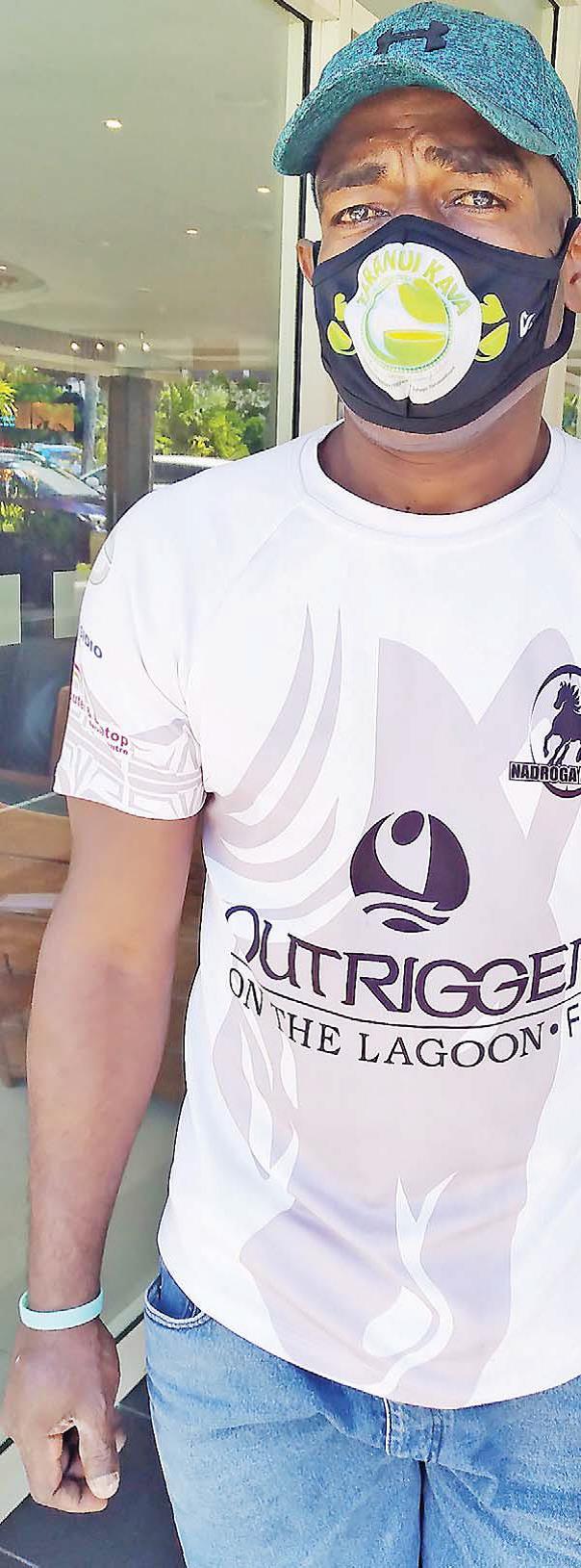Jone Ratusivo has a plan.
The Nasegai villager in Ravitaki wants to change the perception that Kadavu is a place where the illicit drug marijuana is grown.
And he wants to do that by producing yaqona and dalo on a commercial scale.
However, he has to wait until inter-island travel from Viti Levu to the outer islands opens next month.
The 35-year-old father of one was in Suva when the second wave of COVID-19 hit and movement restrictions were enforced.
“I am waiting for the border and travel restrictions to be lifted because I miss my home and my farm,” he said.
Mr Ratusivo said their only source of income was yaqona, dalo and seafood.
“My daily routine in the village is going to the farm after breakfast and returning home in the evening.
“That’s my schedule from Monday to Saturday.”
Mr Ratusivo said his wife worked in Suva and during the pandemic she was stood down because of restrictions imposed by the Ministry of Health.
“Now she is back at work at Dolphin Plaza and we want to save some money so we can buy groceries for me to take back to the village.”
He said it was a well-known fact that Kadavu was one of the main sources for marijuana, but he was trying to change that.
“I want to prove people wrong and I am going to do that by increasing my yaqona and dalo farms.
“I am also encouraging my family and the villagers to focus only on planting legal crops for their living.
“Village life is not easy.
“If you are lazy you won’t be able to earn a lot.
“There are no excuses because the soil is very rich in minerals and we don’t have to look for fertiliser to make the crops grow, we just have to plant.”
The former Lami High School student said many young iTaukei people were abandoning the village in favour of searching for jobs in urban centres.
“They come and do odd jobs that pay peanuts, the money is there in the land and all they have to do is plant and be patient.
“I was surprised when I came to Suva and saw young boys roaming around town day and night, hustling for a few dollars.
“They have a gold mine waiting for them in the village.
“Every iTaukei person has access to land in their village but they want an easy life, they don’t want to work the land.”
Mr Ratusivo said he was looking forward to meeting his family and fellow villagers once the border restrictions were lifted.
He said the pandemic had made him more determined to plant more crops and vegetables.
“My main target in life is to be successful as a farmer so that I can be a better citizen of our beloved country.
“So young boys, if you think you can’t make it in education, you better hurry back to the village and make use of your mataqali land and earn a good living.”




